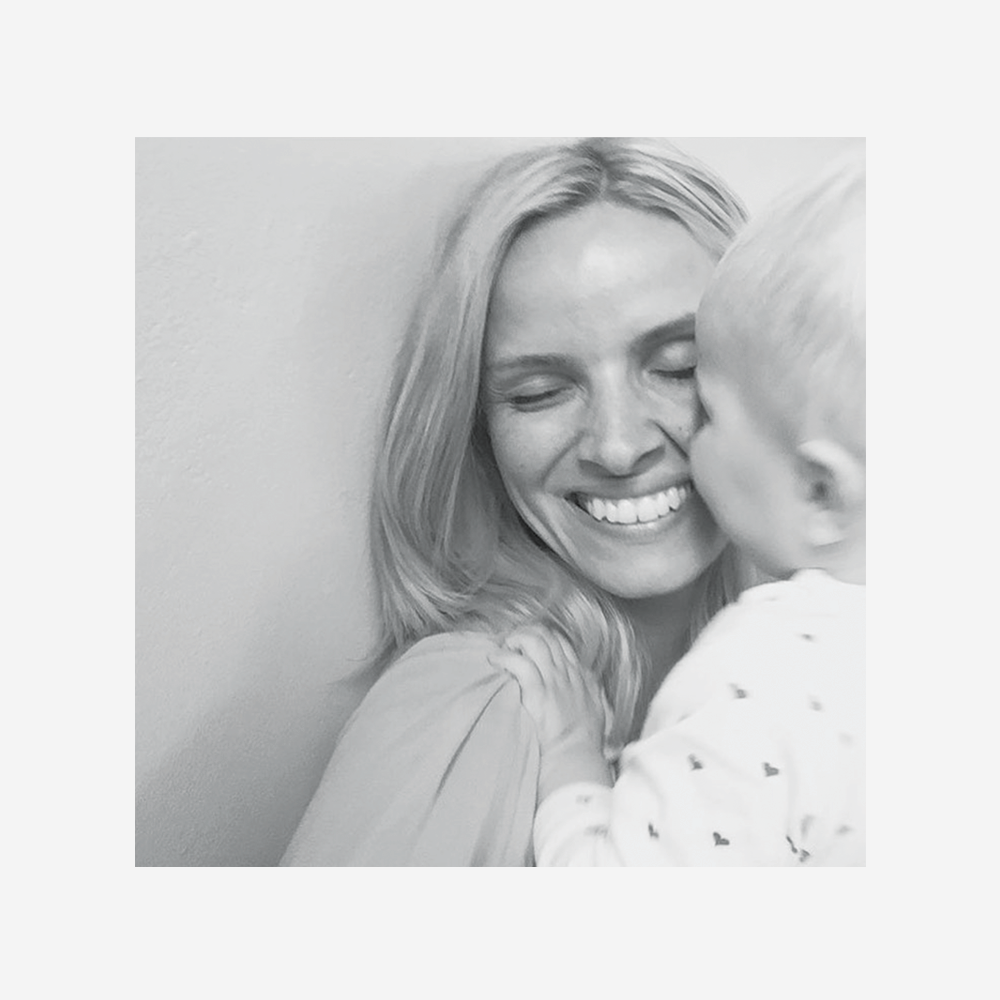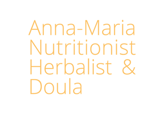(disclaimer: this blog post is intended for information purposes only, to bring awareness to a tender subject. If you are struggling and need help please get in touch and seek help from your health care provider)
Dear new mum, you are not broken!
Why do we experience depression?
We can feel depressed for social, biological and psychological reasons - all of them are equally valid! They all need a different type of attention. So, getting to the root cause of depression and anxiety is the very first step a pregnant or new mother needs to take, and she needs support in this. Getting through such a tough time is best done with help from loved ones and professionals.
Managing your physical health
In clinic, I support women to have a proper diet in place to ensure that her hormones and nervous system are supported appropriately in this very fragile - for the precise reason of reducing her chances of postnatal depression, anxiety, exhaustion, postnatal depletion and other health complications. I have met many women who have been diagnosed and medicated incredibly quickly (by a GP) without meeting the full criteria for proper diagnosis. I say this because it is not uncommon for women to be categorised with the depressive disorder before thoroughly investigating her overall health and lifestyle (including diet!) and that, in my opinion, can have problematic repercussions.
We can lean heavily on a (medical) diagnosis. Partly because it can be comforting to have a (good) reason for feeling unwell -perhaps it takes the responsibility out of our hands - and partly because there's often a treatment plan that follows a diagnosis. ...Or at least there should be.
Let me be very clear. Correct diagnosis with appropriate medical treatment can be lifesaving. I have no intention of sounding unsupportive of medical diagnosis and treatment. What I would like to convey is that there is a grey zone where women are left unsupported, over medicated and misdiagnosed with nowhere to go for further support.
Here is what a local Sydney psychotherapist Michael Le Page, PhD Clinical Psychologist had to say about depression and anxiety in motherhood.
"To distinguish between a normal adjustment [to pregnancy and motherhood] and a depression, I would rely on the quality of "stuckness". If the woman feels a range of emotions and a range of thoughts that flow through unchecked, and without being judged or criticised by the woman or those around her, I would view that as a normal adjustment. When a particular emotional state seems to have become "stuck", e.g. unrelieved sadness or self-doubt, I would view that situation as leading to, or being a state of depression.
Another simple but useful criterion for depression is if activities that used to be enjoyable are no longer enjoyable, that may be a sign of depression.
"When a particular emotional state seems to have become "stuck", e.g. unrelieved sadness or self-doubt, I would view that situation as leading to, or being a state of depression." - Michael Le Page, PhD Clinical Psychologist
Generally speaking, a psychotherapy approach will take longer to take effect, and will have little or no side-effects. If there is a plausible psychological explanation for the woman's depression, it is probably better to start with psychotherapy, rather than medication. There are exceptions to this principle, e.g. with a traumatic experience. In such cases, medication and psychotherapy are probably best combined.
With regard to depression in general, I have been very influenced by a paper that Sigmund Freud wrote in 1917, titled "Mourning and Melancholia". I got from this paper that "mourning" (or as we would say today, grieving) involves accepting ambivalent feelings, whereas "melancholia" (depression) is a state of being stuck in one feeling. It seems to me that the emotional task facing a new mother or a pregnant woman is to work consciously and actively on accepting all of her feelings about pregnancy, and/or young motherhood. It is crucial to avoid judging any feeling as socially unacceptable or "not right" for a mother to feel such feelings. Any attempt to feel only the "right" or expected feelings sets the woman up for possible depression.
Implicit in this formulation is that grieving is not depression. Grieving is fluid; depression is stuck. Grieving is alive; depression is numbing."
New Mothers and Depression
In pregnancy, we are nourishing our selves and our growing baby, which takes a massive amount of nutrients from a balanced nutrient dense diet. In the postnatal period, we are doing the momentous juggling act of recovering from birth, healing, not sleeping much, making milk for breastfeeding while mentally processing and adjusting this significant life-changing time. It's no easy feat! Your emotions will be the first to feel like a rumbling volcano if you are not fully nourished physically and emotionally.
The Superwoman Syndrome
We are also up against a modern phenomenon of the 'superwoman syndrome' and doing motherhood alone. Never in history has a woman had to do motherhood without community support and family support with all hands on deck. In some cultures, the new mother is confined to her bedroom with her baby for continuous skin-to-skin and rest while her family and community practically moves in and does all the housework for her along with the cooking. For 30-60 days! Imagine that. This (or variations of this) used to be common practice across most cultures. But today, women in the west are lucky to have their partners home for more than a few days or a few weeks. How could this possibly be done? But we do it. Most manage to do a phenomenal job, but as the stats show too many (1 in 6) do it at the considerable compromise of their mental health and wellbeing.
Medication such as SSRIs can be needed to help when all hope is out. As mentioned earlier, this can be a lifesaving decision, but a decision made carefully with expert help and guidance. More importantly, I would say that when medication is needed, there should always be a plan of attack and a strategy towards coming off the medication again. Antidepressants were never intended to be an open-ended solution. We must be more effortful in weighing the risks and necessity of these medications because there is still a lot we don't know about their long-term effects, particularly when taken during pregnancy. It is essential to look at this medication with a critical eye. A treatment that includes the use of antidepressants and nothing more than "let me know how you're doing in a couple of months" seems unquestionably incomplete.
What can we do?
- Diet, nutrition and lifestyle are the primary ones to address. We can't expect to function well let alone feel sound, content and grounded if our bodies do not have the right nourishment. Just like you wouldn't expect your iPhone to work optimally if you haven't charged it and updated it to it's the latest version (sorry for the tech analogy).
- Communication is crucial. We need to open up and share how we feel, and we need to listen to one another. This is community - to be present for our fellow mothers. Opening up and sharing is the first step of deciding to not stay in stuckness and leaving the gremlins behind. This can also be done with a professional.
- Get your cellular health looked at with a blood test. It's not uncommon to feel mentally unwell due to undiagnosed anaemia, an unbalanced thyroid or B12 deficiency, particularly after pregnancy and birth. Read more here.
- Move your body. Get your daily movement, ideally outside, to help increase your energy production, move your lymphatic system and enhance your endorphin levels - music, physical touch and romantic intimacy also help - so throw those into the mix as well for an added boost.
- Meditation allows you to pay attention to yourself in stillness. We need more of this as a general rule - as a mother, it will take you to the next level if you sneak in daily meditation. Plan for it, do it and allow it to become second nature like brushing your teeth. I recommend Jess Osie and this app.
- Seek medical help from a skilled and caring medical professional who will take the time to listen to you thoroughly and make a personalised plan with you.
I'd love to hear from you!

Get A Free Gift
My Top 10 Foods for a Happier Healthier Mum
As a fellow mum (of three wonderful girls) I really know how challenging and exhausting being a mum can be at times!
When I first became a mum I realised just how much my lifestyle and diet played a part in how well I coped with the demanding tasks of caring for my little ones.
I help so many women through all kinds of burnout, exhaustion, weight gain, digestive and hormone problems, illness and general low's.... and I never get tired of seeing just how well they respond to my graspable and nurturing support. It really makes my job such a blessing, to be able to help you.
Alright, let's get to it! Here are my top 10 tips to become a happier and healthier mum!



